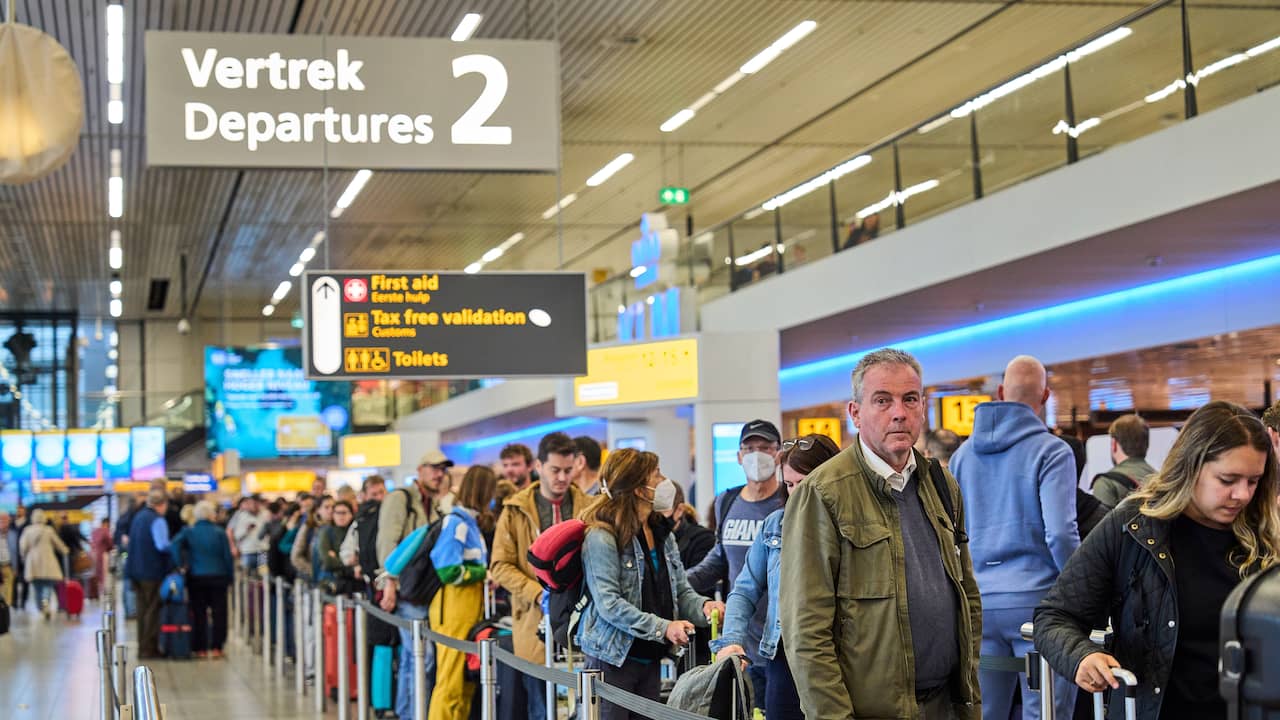Doctor Moklhes Mastour, addictologist, psychotherapist and head of the aftercare and alcohol rehabilitation service (SSR A) at the Saint-Pons-de-Thomières hospital center, and Michaël Bulvestre, teacher in adapted physical activity, have just co-signed a article in the European journal Science & Sports. “Relying on international standards, we sought to know the impact of the program on a patient by measuring his physical condition at the entrance, in progress and at the exit after a stay”explains Michaël Bulvestre.
Covering 274 patients, this study shows that the physical condition, which was reduced in 92% of the patients admitted, improves for each user in four weeks. Clinical results that provide new information in current scientific publications in Europe. These results confirm the positive impact of physical activity on overall development, beyond physical fitness (improvement in mood, self-esteem and self-confidence, lower consumption of anxiolytics).
Conversely, representations circulating about alcohol addiction could imply that care is limited, in this area, to stopping consumption of the product. Doctor Mastour insists on “the necessarily holistic dimension of care which considers the patient in all his dimensions”.
To emphasize his remarks, he recalls that the overall therapeutic support (behavioural and mindfulness analytical psychotherapy, body mediation, sociotherapy, medical care) of the hospital center aims to be fully present, connected and as close as possible to his physical abilities, in order to to be able to mobilize and act in the direction of what matters most: stopping consumption.
While this type of study is generally produced in university hospital centers (CHU), it should be noted that in Saint-Pons-de-Thomières, in a hospital structure of more modest size, located in a rural environment, it is a small team that has done such work, the results of which can be replicated elsewhere and benefit other patients.
–


